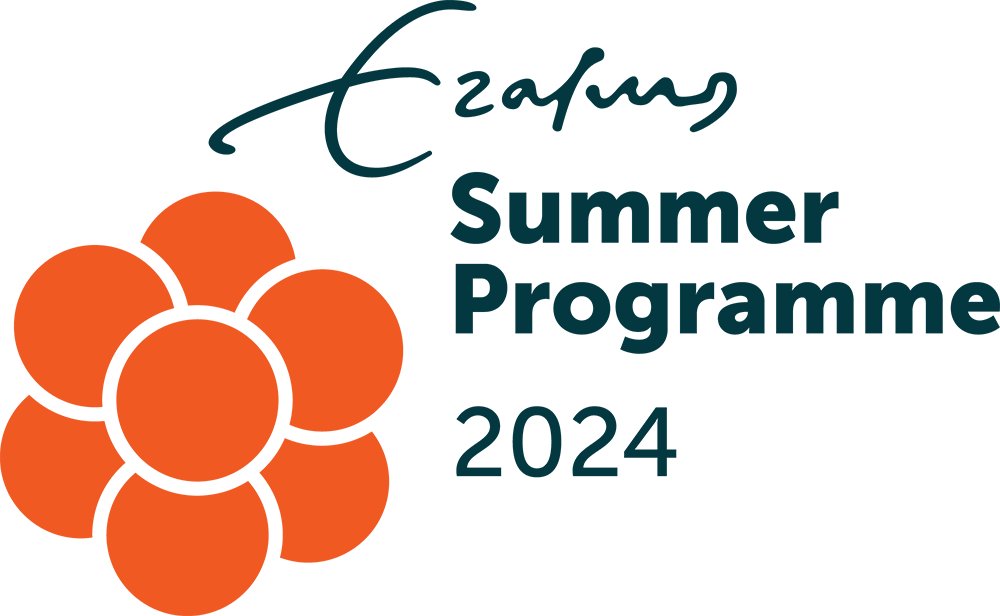Erasmus Summer Programme Courses
Take a look at all the courses in the Erasmus Summer Programme, and find the course right for you.
View all ESP coursesIntroduction to Bayesian Methods in Clinical Research [ESP68]
Course highlights
EC points
1.4
Start date
12 August 2024
End date
16 August 2024
Course days
Monday to Friday (5 full days)
Course time
From 8:45 till 16:00 CEST
Faculty
Prof. Emmanuel Lesaffre
Course fee
€ 1339
Location
Erasmus MC, Rotterdam NL
Level
Advanced
Prerequisites
The participants should have:
- A good statistical knowledge and practical experience with regression models: linear, binary and survival regression
- Good to extensive practical experience with programming in R
It is recommended that participants have knowledge and experience with mixed models.
Disciplines
- Biostatistics
- Methodology
Course Materials
Digitally, download instructions will be sent before the start of the course, by e-mail.
A laptop is required. R, Rstudio and JAGS will be used as software. Please install the software prior to the start of the course.
Recommended book:
Bayesian Biostatistics
E. Lesaffre and A. Lawson
John Wiley & Sons, New York, 2012
ISBN: 978-0-470-01823-1
Design your programme
Use our Programme Configurator to design and plan your own programme.
ConfiguratorApply for this course
Want to secure your seat in this course?
Apply hereTestimonial
Detailed information about this course:
Description
Faculty: Prof. Emmanuel Lesaffre, PhD
The Bayesian approach is an important alternative to the classical (called frequentist) approach to statistics. Indeed, the Bayesian approach has become increasingly important over the last three decades and is invading in all application areas. Especially with complex data the Bayesian approach has proven to be a very useful analysis tool, but also conceptually this approach is attracting recently many researchers.
The course introduces the participant to Bayesian methods for the analysis of clinical and epidemiological studies. While some math cannot be avoided, the emphasis in the course is on bringing over the intuitive ideas and the analysis of clinical and epidemiological data sets using Bayesian software. The course treats the basic concepts of the Bayesian approach, such as the prior and posterior distribution and their summary measures, the posterior predictive distribution. In addition, Bayesian methods for model selection and model evaluation will be treated. Markov Chain Monte Carlo techniques are introduced and exemplified. A great variety of clinical and epidemiological examples illustrates the techniques.
Medical publications are explored in discussion groups, as well as Bayesian analyses of real data sets will be exercised on an individual and on a group basis.
Objectives
- Understand the Bayesian concepts
- Understand clinical and epidemiological papers that make use of the Bayesian approach.
- Appreciate the impact of the Bayesian approach on clinical and epidemiological research
- Write an OpenBUGS program and make use of R2OpenBUGS for some basic statistical models
Participant profile
The participant profile includes any of the following type of researchers: clinical researchers, clinical epidemiologists, decision scientists, public health researchers, those in health technology assessment or value-based healthcare, but with the restriction that they should have a sound (see above) statistical knowledge and experience.
Assessment
Attendance



